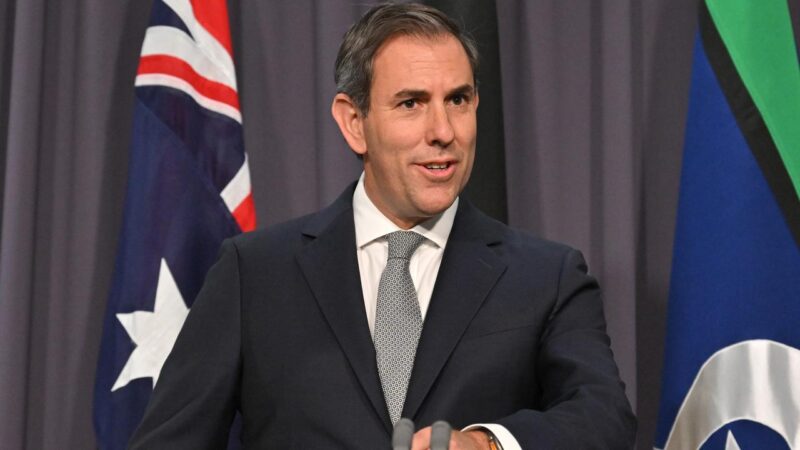
BREAKING: Treasurer Jim Chalmers has confirmed that the Labor Government is reversing its proposed changes to superannuation taxes aimed at wealthy Australians. This significant shift raises questions about the motivations behind the decision and its implications for tax reform.
Just announced, the Labor Government will no longer impose a tax on unrealised capital gains for individuals with more than $3 million in self-managed super funds. Initially proposed in February 2024, this reform aimed to create a more equitable tax system and generate an estimated $2.5 billion in annual revenue. The announcement today marks a retreat from these plans, which affected less than 0.5% of superannuants.
The original proposal would have implemented a 15% tax on unrealised gains, increasing the total tax rate to 30% for those above the threshold. However, fierce backlash ensued, with critics labeling it a “productivity killer” and suggesting it would drastically impact investment and even the ability of farmers to pass down their properties.
In a surprising twist, Labor’s revised plan introduces a new indexed threshold of $10 million with a much steeper 40% tax rate. However, the exclusion of unrealised gains from tax calculations means that the projected revenue will fall significantly short of earlier estimates.
“These changes do little to rein in massive inequality of the superannuation tax system,” said Greg Jericho, Chief Economist at the Australia Institute. “The government’s decision today will embolden those who prefer a tax system that favours the rich.”
This retreat raises concerns about the future of tax reform in Australia, particularly regarding the superannuation system, which many believe disproportionately benefits the wealthy. The reversal has sparked discussions about the effectiveness of political pressure and public sentiment in shaping fiscal policies.
As Labor moves forward, the focus will shift to how these changes will impact overall tax equity and whether new measures will be introduced to address the growing wealth gap. Observers are keenly watching for any further announcements or adjustments that could reshape the landscape of superannuation taxes in Australia.
The urgency of this issue cannot be overstated, as it affects the broader conversation about wealth distribution and economic fairness in Australia. Stakeholders are now left to grapple with the implications of this significant policy shift.
For continuous updates on this evolving story, stay tuned as we monitor the latest developments from the Treasurer’s office and reactions from stakeholders across the nation.






